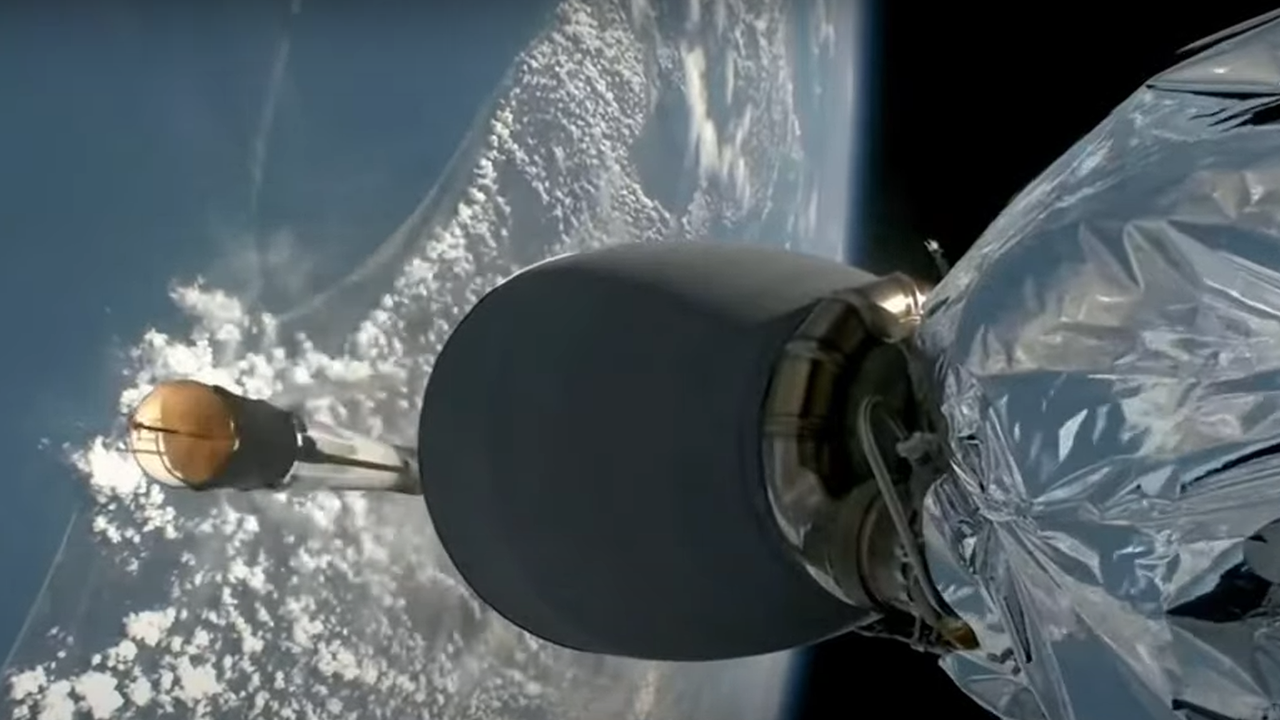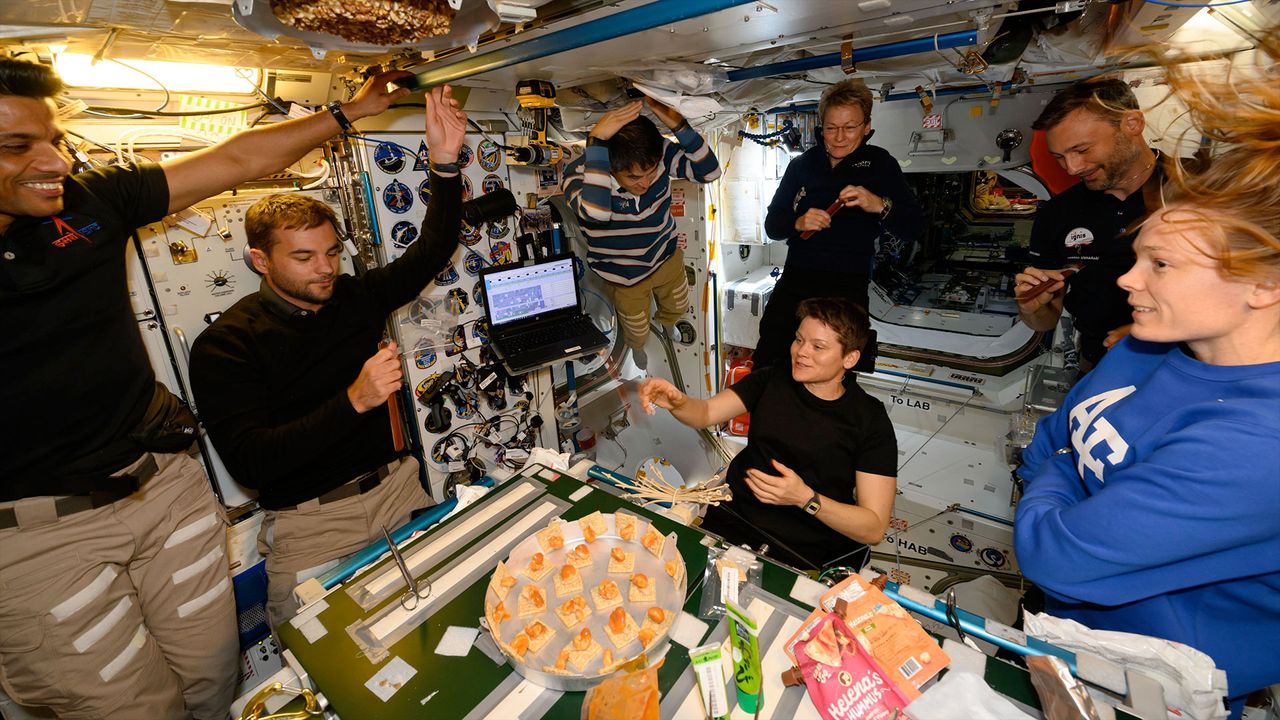Now Reading: SpaceX Sends Disease-Studying Bacteria to International Space Station
-
01
SpaceX Sends Disease-Studying Bacteria to International Space Station
SpaceX Sends Disease-Studying Bacteria to International Space Station

swift Summary
- NASA’s Crew-11 mission, launched by SpaceX on August 1, carried disease-causing bacteria to the International Space Station (ISS) for scientific research.
- the bacterial strains included E.Coli, Salmonella bongori, and Salmonella typhimurium.
- Scientists at Sheba Medical Center in Israel collaborated with U.S.-based company SpaceTango to study how microgravity affects bacterial growth and antibiotic resistance.
- bacteria will be grown in microgravity aboard the ISS, frozen at -80°C, and returned to Earth for analysis against bacteria grown under normal conditions on Earth.
- The study aims to address public health challenges like infectious diseases and antibiotic resistance while expanding understanding of microbial genetic expression changes in space conditions.
- Researchers hope findings will aid in curbing bacterial virulence traits or identifying treatments for antibiotic-resistant strains.
images:
- Falcon 9 during stage separation: showing its first stage falling back toward earth while the cabin continues toward orbit (View Image).
- Experiment preparation: Scientists handling lab vials as part of pre-launch activities (View Image 1, View Image 2).
Indian Opinion Analysis
The collaboration between Israel’s Sheba Medical Center and U.S.-based researchers expands global understanding of microbial behavior under unique environmental conditions such as microgravity. India has a vested interest in this research due to its growing public health concerns related to antibiotic-resistant pathogens; these studies could indirectly influence domestic policies or shape treatments addressing similar issues locally.
Additionally, india’s own ambitions regarding space exploration (e.g., missions by ISRO) increasingly involve biological experiments aboard platforms like Gaganyaan or international collaborations via ISS participation frameworks-a potential avenue for leveraging such groundbreaking studies globally.
This scientific effort not onyl underscores advancements in microbiology but also demonstrates how cross-border cooperation can tackle universal challenges affecting humanity’s health both on land and potentially beyond Earth’s boundaries-an crucial example India could draw upon when exploring space-biology initiatives.
























